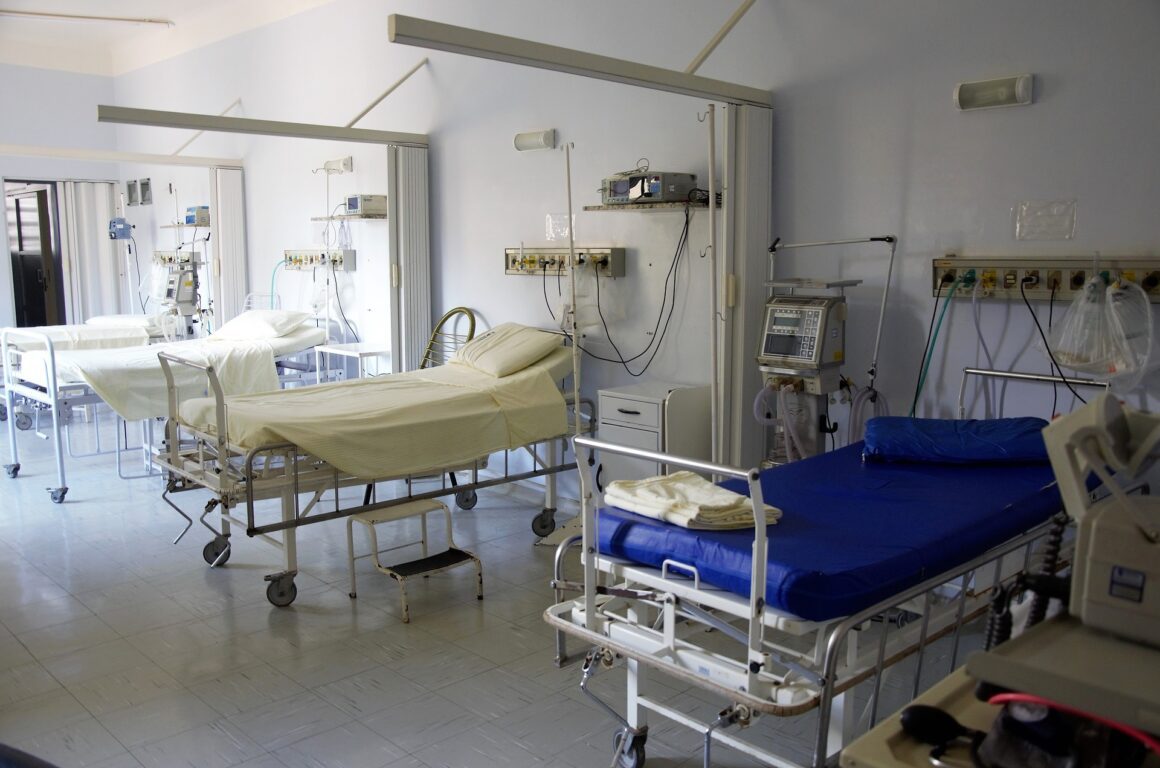Everyone knows that you can’t survive without a computer these days. Whether you have a powerful gaming rig, a tablet, or a small one that fits in your pocket (aka a smartphone), we certainly cannot survive without them.
The internet runs just about everything in our society today. There’s no wonder that there are many devices connected to the internet, even in hospitals, and we’re not just referring to phones, tablets, and laptops. Doctors and nurses need them to do their jobs. But in some situations, that staff might trust the wrong gadgets.
Cynerio reveals a worrisome report
Cynerio, a healthcare cybersecurity company, reveals that more than half of devices from hospitals that are connected to the internet are at risk of getting hacked, according to The Verge. Furthermore, that vulnerability could put both patient safety and confidential data at risk.
In case you have your doubts about the reliability of the report, remember this: Cynerio analyzed data from more than 10 million devices from over 300 hospitals and health care facilities across the world.
In hospitals, there are also devices such as ultrasounds or patient monitors, as they’re also connected to the internet. And yes, unfortunately, these types of devices are also vulnerable to hacks.
Generally speaking, we all must be well-aware of the huge number of dangerous cyber threats that exist out there across the web. They come in different types, and let’s mention a few, as HighTouchTechnologies.com reveals them:
- Multipartite Virus
- Direct Action
- Browser Hijacker
- Overwrite Virus
- Web Scripting Virus
- File Infector
- Network Virus
- Boot Sector Virus
The Multipartite virus can infect the entire system, and you’ve already guessed that you need to stay away from it as much as you can.
The new report was published here.
